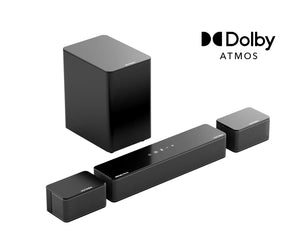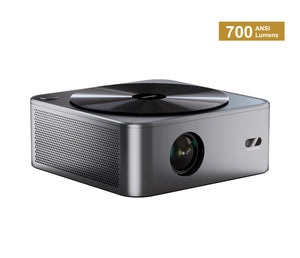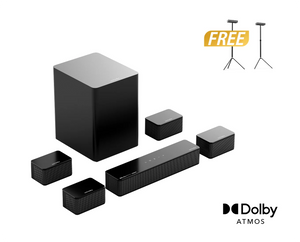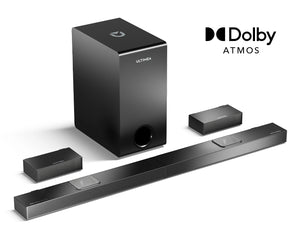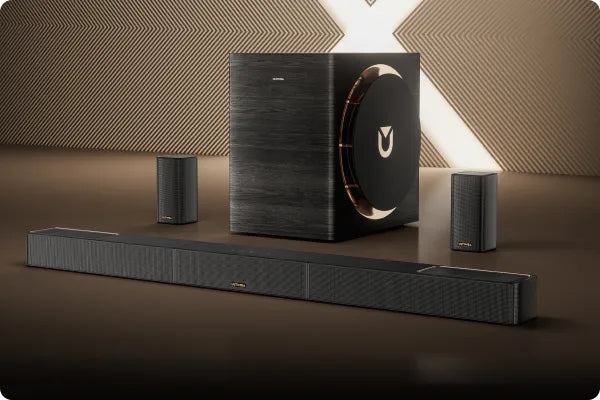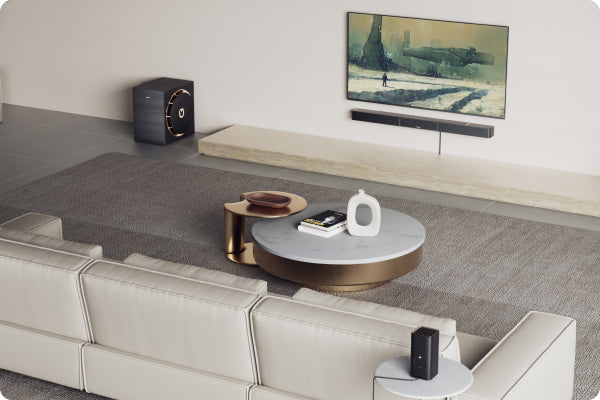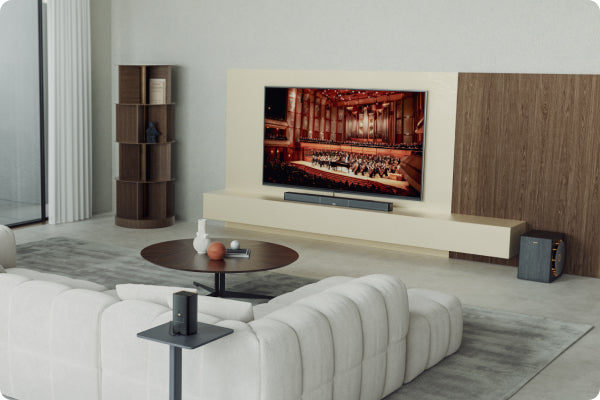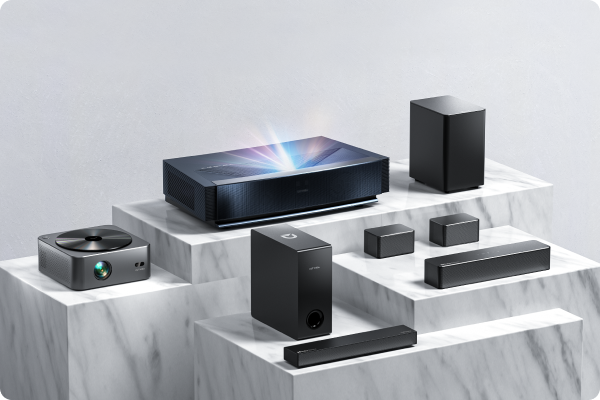If you’re shopping for a projector, you’ve probably seen the term “lumen” pop up frequently. Many people assume the higher the lumen count, the better the projector. But is that really true? Let’s take a closer look at what this important spec really means—and how it affects your viewing experience.
What Is a Lumen?
Lumen (lm) is a unit of brightness that measures the total visible light emitted by a projector in a given amount of time. In simple terms, the higher the lumens, the brighter the projected image.
For example: imagine projecting the same picture on a white wall and a black curtain. The one on the white wall looks much brighter—that’s the effect of higher brightness at work, making images easier to see and more vivid.
Is Higher Lumen Always Better?
Not necessarily. We often associate cinematic experiences with dark environments—just like movie theaters. In such low-light settings, too much brightness can actually feel harsh and overwhelming to the eyes.
Moreover, high-brightness projectors tend to produce more heat, consume more power, and create more fan noise. In other words, paying extra for a higher-lumen projector might not always give you a better experience, especially if used in the wrong environment.
When Is a High-Lumen Projector the Right Choice?
You should consider a high-lumen projector if:
-
You watch movies during the day and don’t want to close the curtains
-
Your viewing space is a bright living room with ambient light
-
You use the projector for business presentations or large screen displays
Lumen Level Recommendations by Usage Scenario
|
Lumen Range
|
Best For
|
Suggested Models
|
|
200–500 ANSI
|
Bedroom / Small dark rooms
|
Nova C40, Apollo P10
|
|
500–1000 ANSI
|
Living room with curtains / Camping
|
Poseidon E40, Apollo P40, Apollo P60
|
|
1000+ ANSI
|
Bright rooms / All-day use
|
Poseidon E100
|
Note: Prefer projectors with ANSI lumens, as they are more accurate than non-standardized “LED lumens”.
Final Thoughts: Brightness Matters, But It’s Not Everything
While brightness is crucial, it’s not the only factor to consider when buying a projector. You should also evaluate:
-
Resolution (e.g. 1080P, 4K decoding)
-
Contrast and color accuracy
-
HDR support and screen type (e.g. ALR screens)
-
Sound system quality (e.g. built-in Dolby Audio)
The best projector is one that fits your specific needs and environment, offering a well-rounded performance across all key areas.
